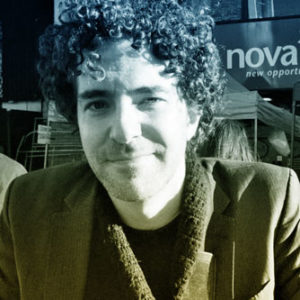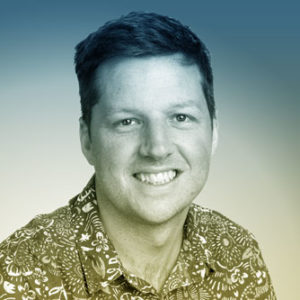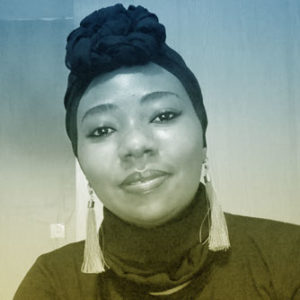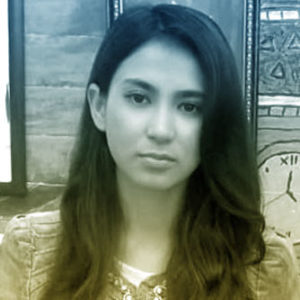Moving forward Beyond Resettlement
Session Summary
This session is expected to include topics on
- The trend of sustained displacement and how it affects the life of refugee and host community;
- Thinking out loud on the possible solution;
- The role of inclusive society as a foundation that provides both protection and solution for refugees.
Moderator
Themba Lewis

Themba holds graduate degrees in refugee studies from the University of Oxford and the American University in Cairo, and Level 2 Senior Caseworker Accreditation with the UK Legal Services Commission. He has taught on refugee rights in Bulgaria and Egypt, provided legal representation for detained asylum seekers in the United Kingdom, and is a Registered Member of the Law Society of England and Wales. Previously, Themba served as a Field Team Leader at the US Refugee Admissions Program Resettlement Support Center, before joining the Rights in Exile Program as co-director in August 2012. He is currently Co-Head of Borderless360, after serving as the Secretary General of the Asia Pacific Refugee Rights Network.
Speakers
Tristan Harley

Tristan Harley is a research consultant at Act for Peace and a doctoral candidate at the Kaldor Centre for International Refugee Law at UNSW. He has published in the fields of refugee law and policy, including as co-author of Refugees, Regionalism and Responsibility (Elgar, 2016) with Professor Penelope Mathew. He has also worked as a consultant with organizations such as the United Nations High Commissioner for Refugees (UNHCR), the World Refugee Council, the Asia Pacific Refugee Rights Network, and the Asia Pacific Network of Refugees. Tristan’s current research explores how refugees can more meaningfully be included in decision-making processes that affect them.
Naima Ismail

Naima Ismail is a Women’s Rights Activist from Somalia and currently lives in Malaysia as a refugee, she is a public health graduate and passionate about health policy and challenging health inequities, including gender discrimination. Naima is founder and director of Somali women’s association of Malaysia, a health education trainer for the Somali refugee community and a focal point of Refugee women and girls key to the global compact on refugees. Naima is experienced in working with women on issues of health, trauma and livelihoods. Focusing on health literacy, Access to healthcare, and provides training on leadership and on mental health awareness for Somali women and girls.
Homaira

Homaira is a refugee from Afghanistan. She has been living in Indonesia since 2015. She is a refugee advocate who has been active in educational/ empowerment/ livelihood projects for the refugee community in Indonesia. She started as a volunteer teacher for refugees in one of the refugee-led learning centers in Cisarua Bogor. She volunteered at the learning center for 3 years. Being told that she does not have the right to study, Homaira Zamiri took the opportunity to be an educator herself for deprived refugees and light a candle in the darkness. Later she moved to Jakarta and with the support of UNHCR she started a hydroponic farming project for refugee children and women living in UNHCR shelters. In 2019, with some of her refugee fellows, she co-founded an advocacy association for refugees called Refugee Community in Indonesia ( RCI). In 2021, she co-founded a livelihood project for refugees in Jakarta and surrounding areas called Jakarta Bersatu Project ( JBP). The aim of JBP is to support refugees to be able to at least cover the cost of their basic daily needs. Currently she is the project manager of Jakarta Bersatu Project. She is also one of the advisory board members of Center of Asia Pacific Refugee Studies ( CAPRS), and a volunteer interpreter for Church World Service (CWS).

